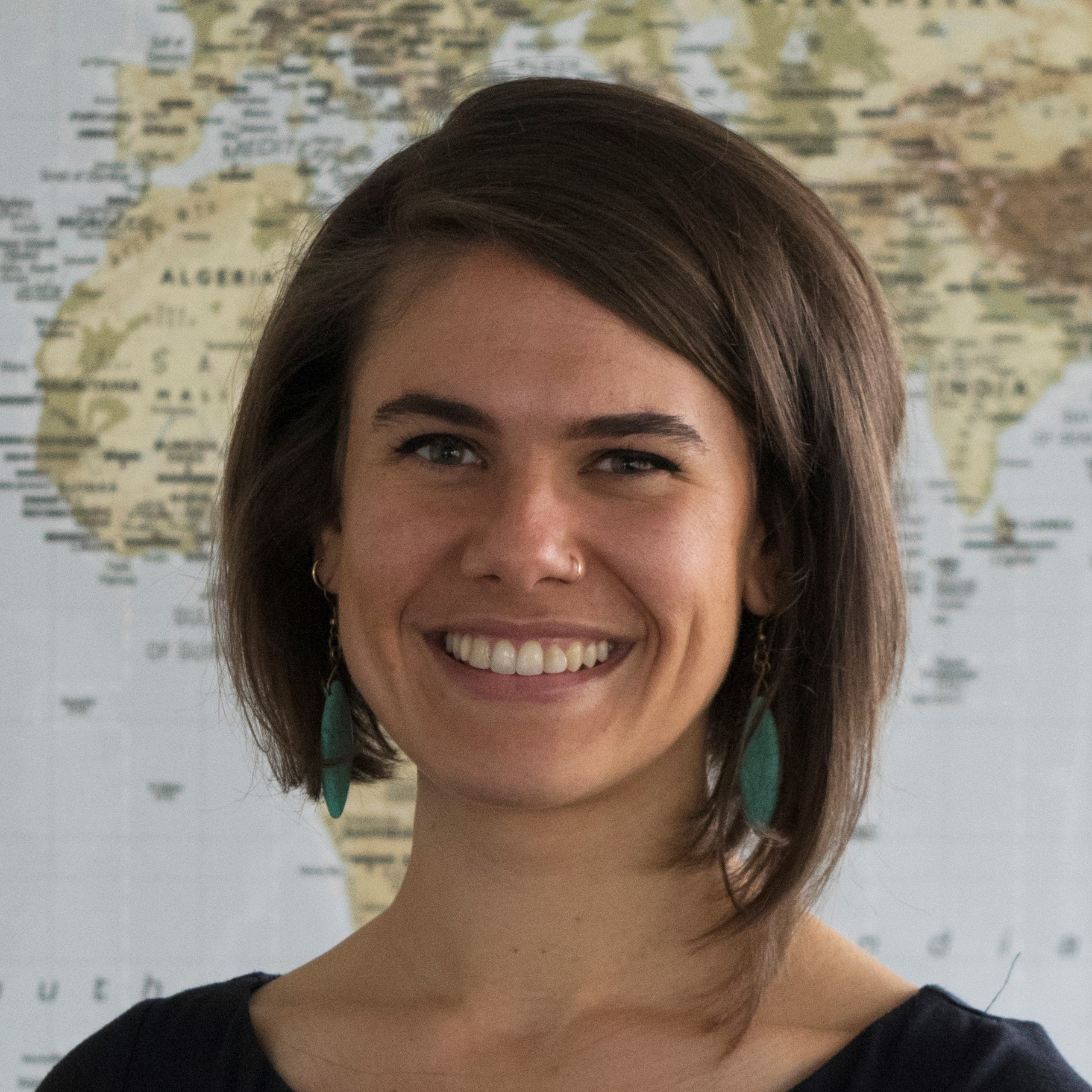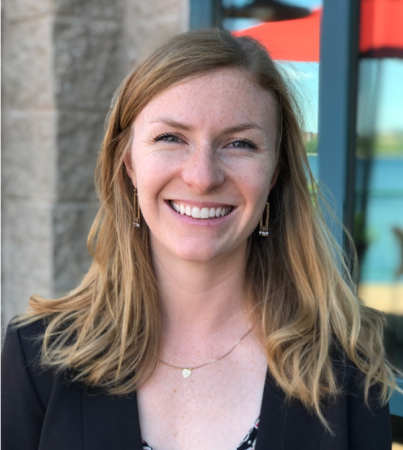Funding has been awarded to principal investigator Margaret (Peggy) Hannon by the NIH National Cancer Institute for "Increasing Implementation of Evidence-Based Interventions at Low-Wage Worksites".
Abstract:
Cancer and other chronic diseases are the leading causes of death in the United States for working-age adults. There are several behavioral risk factors that increase disease risk, including missed cancer screenings, physical inactivity, poor eating habits, and tobacco use. Evidence-based interventions (EBIs) exist that improve each of these risk behaviors, and many of these EBIs can be implemented in worksites where the majority of U.S. adults spend most of their waking hours. There are significant disparities in access to worksite EBIs; large worksites (more than 1000 employees) are much more likely to offer EBIs to their employees than small worksites with less than 250 employees.
The American Cancer Society (ACS) and the University of Washington Health Promotion Research Center (HPRC) developed HealthLinks, a package of EBIs appropriate and feasible for small worksites. We are currently completing a randomized controlled trial of HealthLinks with more than 70 small worksites; results show that worksites in the HealthLinks arms implemented significantly more EBIs at follow-up than worksites in the delayed control arm. Now that we know HealthLinks is effective, we need a way to scale it up beyond the location of the trial. Local health departments (LHDs) cover almost every community in the United States and most LHDs' missions include preventing chronic disease. In a separate project, we pilot-tested training staff in six LHDs in Washington State to deliver HealthLinks to worksites in their communities. We found that LHD staff completed the training and recruited worksites to participate in HealthLinks; these worksites implemented EBIs.
The primary goals of this competing renewal are (a) to scale up HealthLinks by training staff in LHDs across the United States to deliver HealthLinks to small employers in their communities, and (b) to further implementation science by conducting a hybrid type III trial comparing the effectiveness and costs of two different implementation strategies. We will achieve these goals through three specific aims, guided by the HPRC Dissemination and Implementation Framework. We will conduct qualitative audience research with state and local health department directors and local health department staff to refine our training and support approaches (Aim 1); we will conduct a hybrid type III trial comparing standard and enhanced technical assistance combined with online training for HealthLinks (Aim 2); and we will measure the costs of each strategy, both to the local health departments and to the research team (Aim 3). The proposed activities will increase the reach of HealthLinks across the United States to small employers with limited capacity for and access to EBIs.
These activities will also advance implementation science by measuring the impact and costs of implementation strategies offering different levels of ongoing support. The findings from this project may inform implementation strategies for other workplace health promotion programs focused on EBIs and small worksites, as well as a variety of implementation efforts that include partnerships with LHDs.
Sponsor Award Number: 2R01CA160217-06A1
TB PrEP – Integrating HIV prevention with TB household contact evaluation
Jennifer Ross, MD, MPHContinue reading→
Addressing Clinician Bias to Improve Equitable Implementation of Evidence-Based Practice
Freda Liu, PhD & Aaron Lyon, PhDContinue reading→









